Omar Al-Qattan started his professional life as a filmmaker and is now a businessman and philanthropist. Born in Beirut of Palestinian parents, he moved to the UK in 1975 and now chairs the A M Qattan Foundation, which was set up by his late parents, Abdel Mohsin and Leila Al Qattan.
The foundation works principally in Palestine in the areas of culture and education in pursuit of ‘a just, free, enlightened, and tolerant society with an active global presence, one that embraces dialogue and produces knowledge, art and literature’.
Omar Al-Qattan chaired the task force responsible for setting up the Palestinian Museum in Birzeit. Though he is interested in promoting civil rights and cultural freedoms for all Palestinians, he is less interested in religious brands of nationalism or philanthropy. He tells Alliance editor, Charles Keidan, why and talks about what he believes diaspora philanthropy can and cannot do in Palestine.
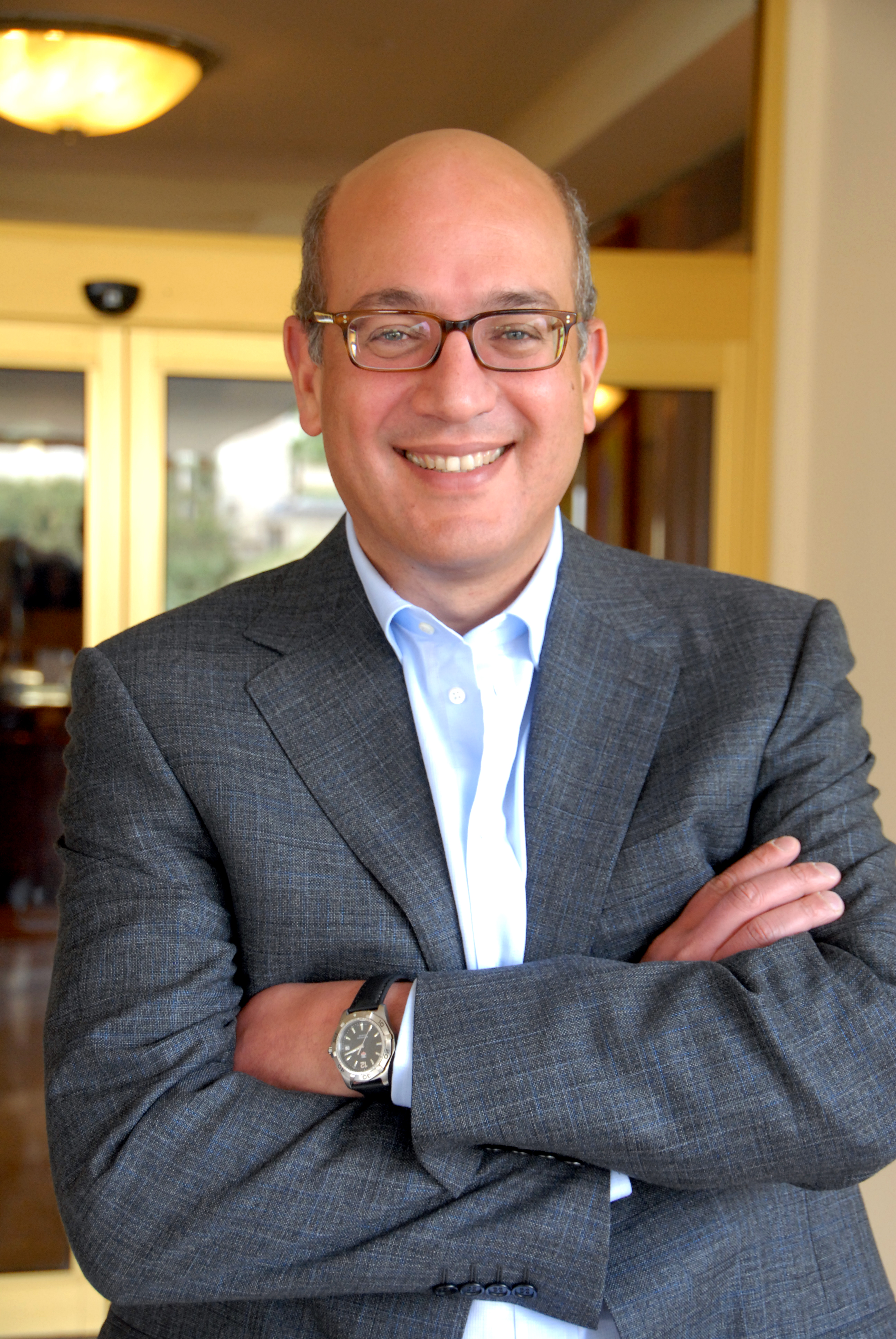 What is your family background and how did you come to London?
What is your family background and how did you come to London?
My father was born in Jaffa and my mother in Iraq because her father had been exiled from Mandatory Palestine for refusing to salute the Union Jack.
Both their families fled Palestine in 1948 and they later met and married when they were both working in Kuwait as teachers.
My dad left teaching to work for the Ministry of Water and Electricity and, in 1963, started his own contracting business which is still going and which I oversee.
By that time my older siblings were past primary school and my parents wanted to get them the best possible education, which, at the time, was to be found in Lebanon.
So we moved to Beirut, where I was born, and lived there until the beginning of the civil war in 1975 at which time my parents moved back to Kuwait. My sisters were sent to school and university in Switzerland and the USA and my brother and I to boarding school in England, where I’ve been ever since.
Given your family’s migrations, do you see yourself as British, Palestinian, Kuwaiti, Lebanese or something else?
I consider myself to be a mixture of all these, culturally. Identity issues don’t really interest me because I find them very abstract and difficult to define. There are things that you carry with you because of your experience, your background – those form an array of identities.
If there had been no Palestinian tragedy, Palestine wouldn’t be particularly interesting to me. It’s really out of solidarity and political commitment, rather than ethnic identification, that I am engaged with Palestinian issues.
Palestinian diaspora philanthropy, though, is growing and you’ve obviously been an important part of that. What do you think has happened?
There is a lot of religious-type philanthropy which goes to different institutions and individuals in Palestine.
What we, among a number of institutions and families, offered was a secular basis for philanthropy to Palestine driven by the quality of a project and its long-term strategic effectiveness rather than by ideology. I think that is the real step-change.
Are other secular philanthropists emerging in the Palestinian diaspora?
The Palestinian diaspora is getting more active, particularly in the United States. But there’s also a lot of fear, because of the associations with extremism and the restrictions on banking transfers that the US and the UK in particular have imposed since 9/11.
The Prevent Programme in the UK, for example, is frightening a lot of young people away from subjects like this – as if you can’t be devout and political, which is ridiculous. Young people are being forced to compromise their thinking in order to stay out of trouble, which is very grave in a liberal democracy.
What we, among a number of institutions and families, offered was a secular basis for philanthropy to Palestine driven by the quality of a project and its long-term strategic effectiveness rather than by ideology. I think that is the real step-change.
So, to answer your question, there’s a long way to go. There’s also anxiety about whether the money is being spent properly and a lot more convincing about the institutions on the ground is needed.
One of the things you’ve been involved in is helping to establish a landmark Palestinian Museum just outside of Ramallah.
It was a project of the Taawon Welfare Association, rather than the [Qattan] Foundation, but I chaired the project and my family was one of its major funders.
It’s not a government or national museum, it’s independent. I think it’s very important that cultural institutions remain at a clear distance from government.
Does it put you in a position of contributing to state-building in Palestine?
The way we think about it is we can offer models to be studied and perhaps emulated, models of clear creative thinking, good networking, social engagement, transparency, and investment in vital areas, especially with young people.
If we can do that effectively then perhaps these institutions will form a reference point for whoever is going to build the state institutions.
It’s much more important from my perspective, and certainly from my late father’s perspective, that other families and other individuals should follow suit. And slowly they are beginning to.
We can offer models to be studied and perhaps emulated, models of clear creative thinking, good networking, social engagement, transparency, and investment in vital areas, especially with young people. If we can do that effectively then perhaps these institutions will form a reference point for whoever is going to build the state institutions.
What has the reaction been to the creation of the Palestinian Museum?
We had a lot of negative press, not just from Israelis or Zionists, but Palestinians also voiced concern about the timing and the cost. I think many have been persuaded by now, especially since we opened the first exhibition in August 2017, which was about Jerusalem.
And the people who really understand how the process works also realize that it takes many years to build a world-class institution, especially under occupation and with limited financial resources.
Diaspora Jewish philanthropy was part of the state-building process in Israel. The Rothschild family’s Yad Hanadiv, for instance, helped build Israel’s Parliament, its Supreme Court and now its national library. Are there things you could learn from that or do you see it as problematic?
I’m not nationalist in the way that many of these initiatives were. I don’t believe that the end-goal of the Palestinian struggle is the creation of a Palestinian state. I think the end-goal of the Palestinian struggle is to create a just and equitable society for all citizens of the region.
My interest is to contribute to creating that society, especially the right opportunities for young people, a society that is capable of confidently thinking through and resolving its problems and is proud of itself.
Don’t forget that a military occupation will crush a society’s youth and children. I’m not going to build a Palestinian Knesset. I am going to be involved in building progressive institutions and helping progressive movements to think about a just and equitable future.
Our work is also about persuasion, so my interest is to find alliances with like-minded partners, including Jewish institutions and philanthropists, who can see common ground. That work is ongoing.
My interest is to contribute to creating that society, especially the right opportunities for young people, a society that is capable of confidently thinking through and resolving its problems and is proud of itself.
We have a long way to go before we have a base of influence, but there has been much sympathy and solidarity with the Palestinians, from many progressive institutions. At the Qattan Foundation, we’ve had an excellent long-term relationship with the Ford Foundation, for example, and with other institutions who have similar outlooks.
Another notable element of Jewish philanthropy is lobbying institutions outside Israel to maintain their support for Israel. Do you see a comparable role emerging for Palestinian diaspora philanthropy?
It’s difficult. While grassroots solidarity has grown, political opinion among the establishment of the leading western countries remains overwhelmingly in favour of Israel.
Much of the pro-Palestinian lobby has been captivated by religious groups, and I think that’s historically been a catastrophe because many of them have become associated with extremism, often (though not always) through no fault of their own.
So there is a lot of work still to be done, but I think it’s changing, especially in the United States. The case for justice is so clear, that it’s difficult for people not to see it.
It’s not just the strength of the lobby in support of Israel that is the problem; it’s the weakness of the Palestinian voice, and its frequent lack of coherence.
We must be clear about what we want. The wider, the more universal the appeal, the more powerful the case will be. Solidarity movements in the USA and elsewhere are grasping this very vividly.
Who are your philanthropic allies in this?
Probably the best known is the Taawon, formerly known as the Welfare Association. But you mustn’t forget the economics. The wealth of the Jewish philanthropy community is so much bigger than anything among the Palestinians, so we can’t follow the same tactics.
I believe we should play to our strengths, which are really more ethical and more political and we should defend that.
Unfortunately, we often allow ourselves to lose the ethical argument.
The injustice doesn’t go away, but I don’t think that we have been careful enough as a community in preserving the fantastic ethical capital that we had in the 1960s and 1970s.
The incapacity to stand firmly against violence, and that includes violence against ourselves, the strange separation between the internal struggles for social liberation and national liberation, have led to horrific compromises and a great regression.
We were very inclusive, very forward-looking. We’ve become very conservative and closed-minded.
Is that trend most marked in Gaza?
I honestly think it’s everywhere, but yes it’s sadly very present there.
What work are you doing in Gaza?
As we do everywhere else, we work with children and with teachers and young artists and writers. Gaza is extraordinary, dynamic, creative and steadfast, and a very strong society in many ways.
However, I don’t believe that the Islamist experiment has much left in it, but it might be very destructive in its death throes and the damage might be generational. It’s not only the fault of Hamas or Fatah.
We should blame Israel and the occupation, too, but we also need to go back to our moral failures. We have lost three generations. Our standards of education and our sense of social solidarity has collapsed. Instead, we have a hapless ‘government’ in the West Bank, with no strategy and no idea what it’s doing and an equally hapless and repressive ‘regime’ in Gaza.
As a diaspora philanthropist, how do you seek to influence this for the better? Is it just through the work of your foundation and the example you try to set?
Yes, and also to speak truth to power. We have the privilege of being protected by our presence here in Europe, by our status and reputation, and we should not compromise that.
You need the individuals and the society that can develop and carry forward the liberation project, for the money of the wealthy to be marshalled effectively. In the end, it’s not the money that is important, it’s the ideas, the leadership and the vision of a project that really matter.
Are you optimistic?
Yes, because I see how all societies have amazing potential. I know that my younger colleagues are of a generation which is full of talent and a hunger to learn. We should continue to struggle against Israel’s occupation and its injustices, but without losing track of all the issues that face us as a society, and how fragile we’ve become.
The resistance against Israel takes a toll on your resources. And the Israelis realize this. They realize when they bomb the hell out of a neighbourhood, that’s not just a few houses that go down, it’s a whole community that’s probably going to be touched for a few generations.
We need to understand the consequences of certain political actions and as a society, better take care of our own citizens.
Would you like to add anything else?
At a reception we held in December to honour my late father, a guy asked me if a story he’d heard about him was true – that Yasser Arafat had once said to him: ‘I want you to be the Palestinian Rothschild’. And my father had humorously replied, ‘I’ll be our Rothschild when we have our own Ben-Gurion!’.
The story is true, and Yasser Arafat liked my dad a lot so he laughed and he was smart enough not to be insulted by the joke. But the point is you need the individuals and the society that can develop and carry forward the liberation project, for the money of the wealthy to be marshalled effectively.
In the end, it’s not the money that is important, it’s the ideas, the leadership and the vision of a project that really matter.

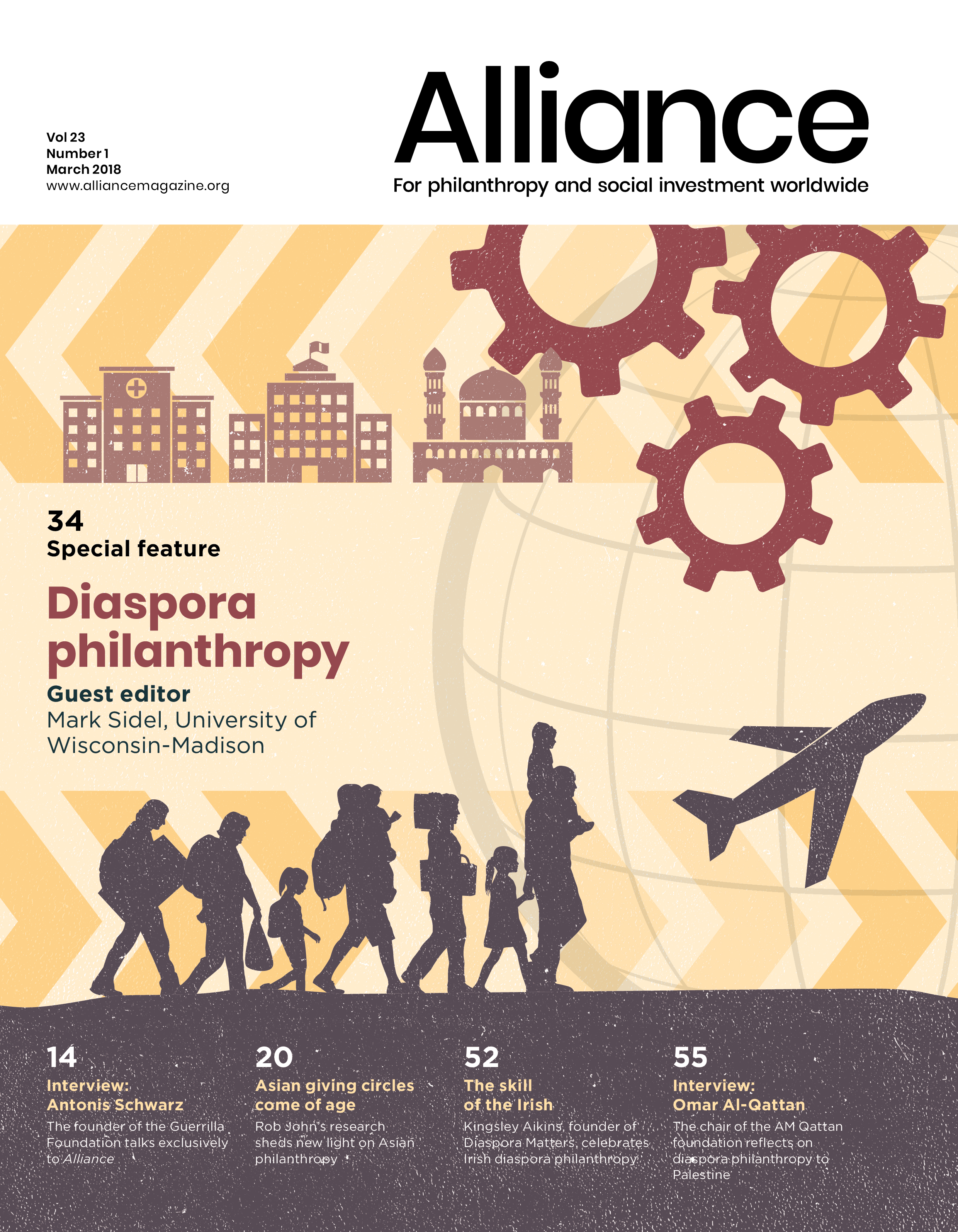
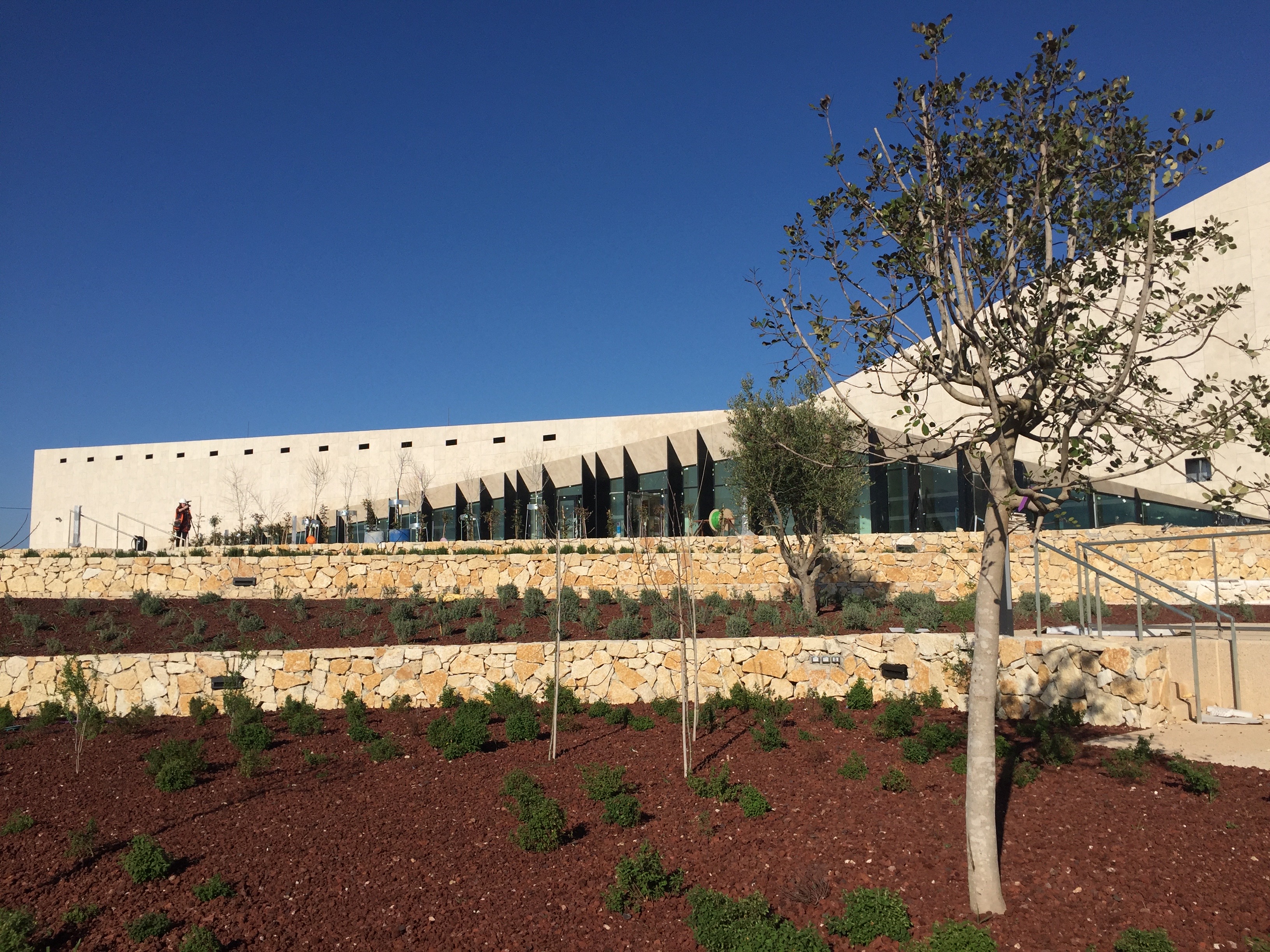
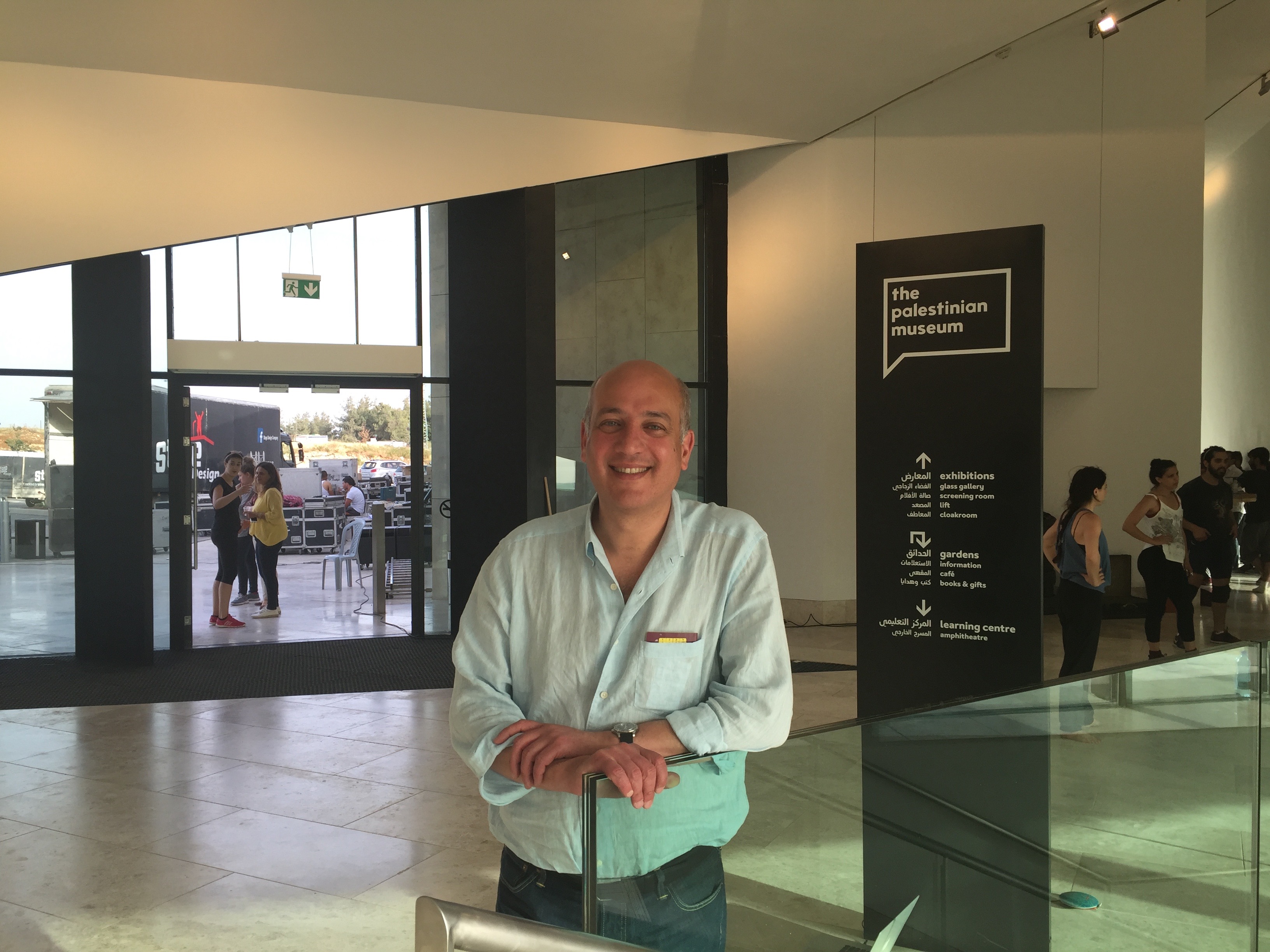



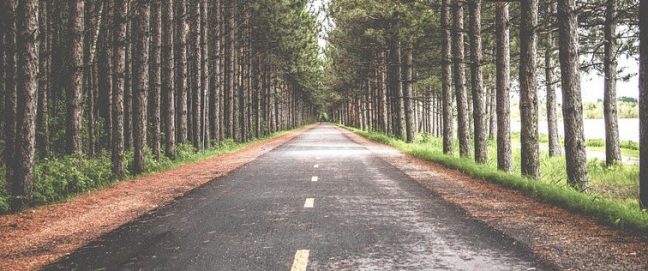

Comments (0)